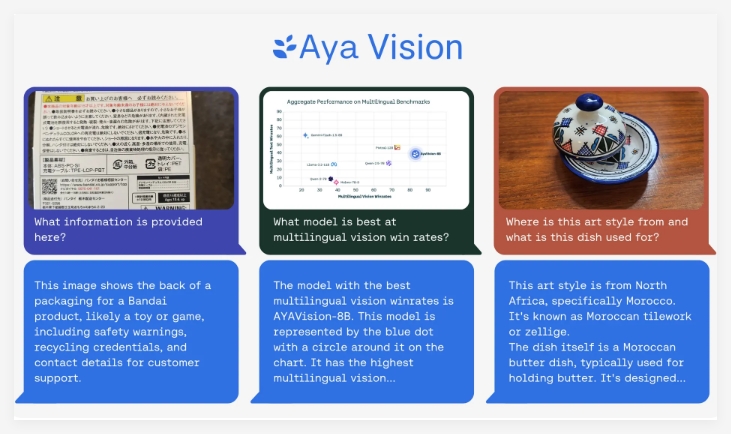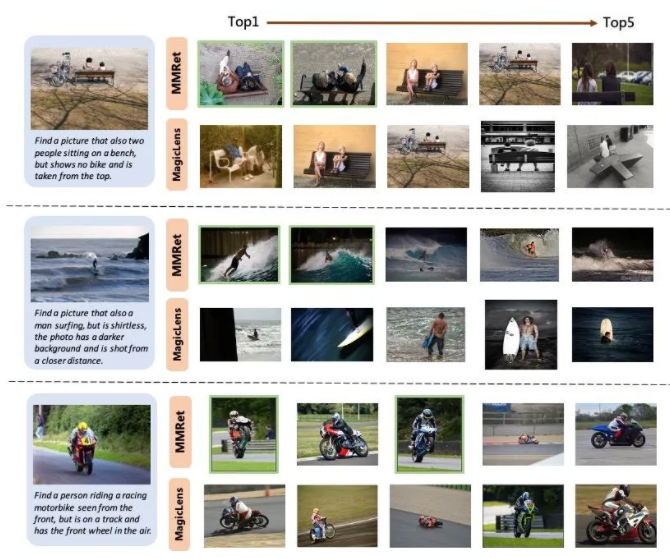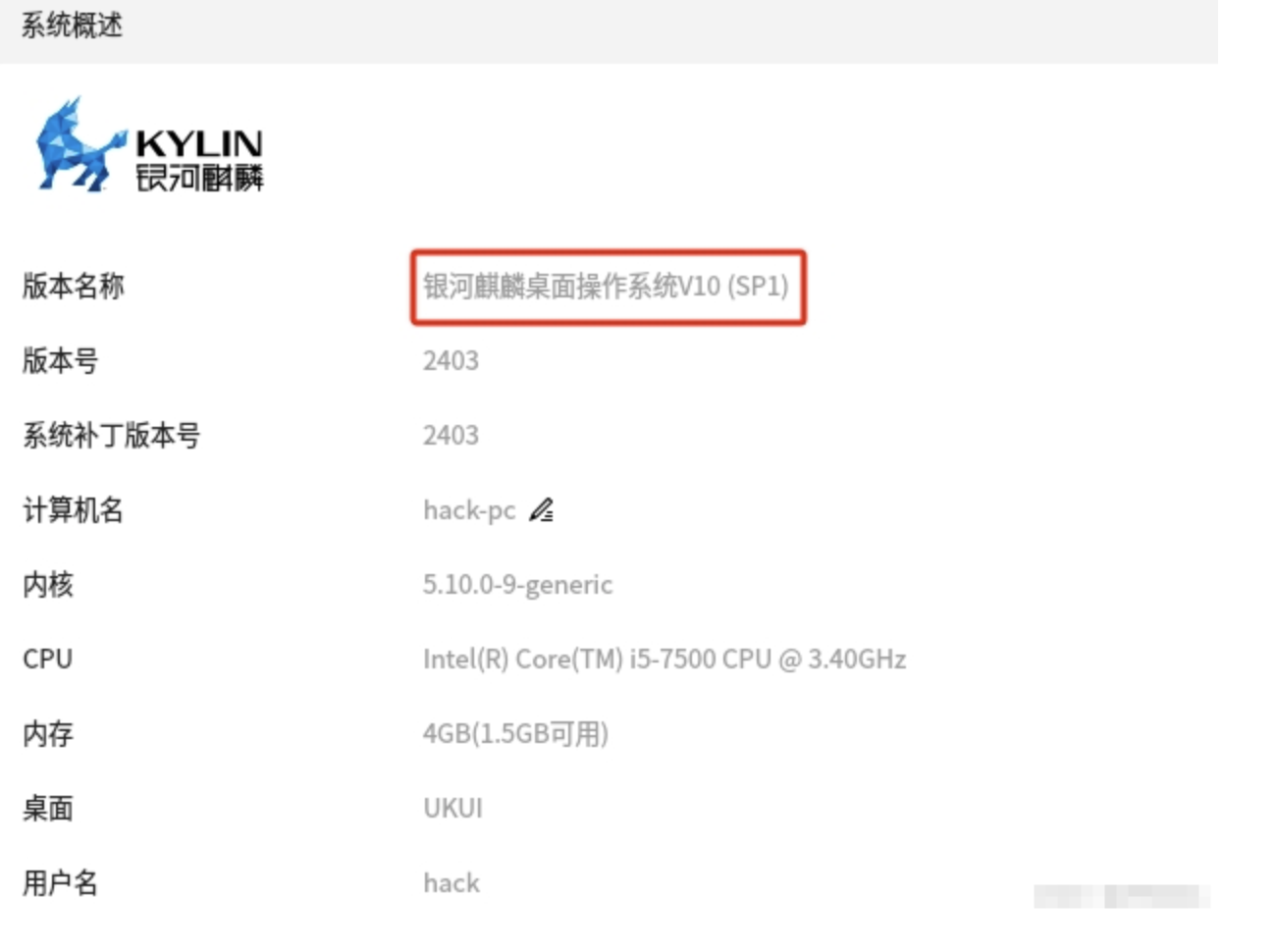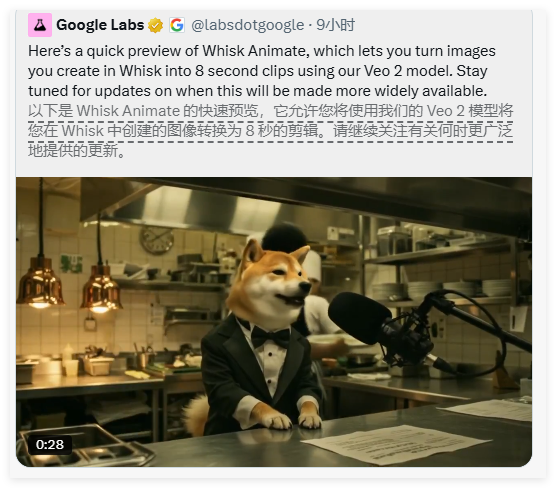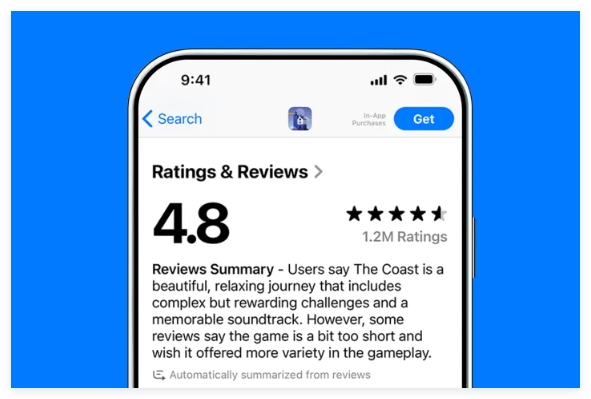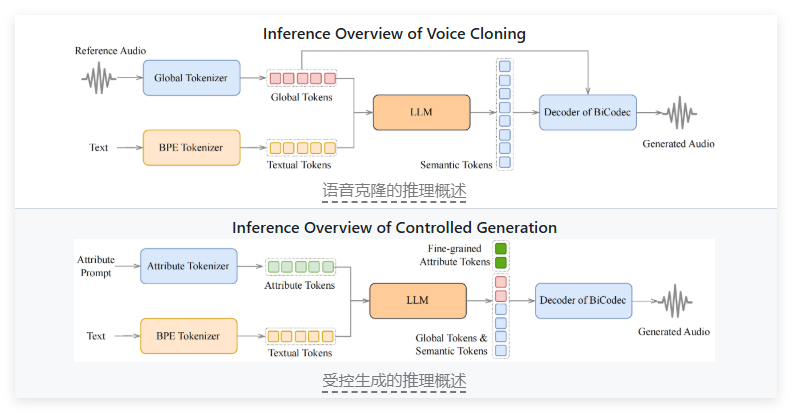Recently, OpenAI CEO Sam Altman revealed on social media that the highly anticipated o3-mini will be officially released in a few weeks. This news has excited many users who are concerned about the development of artificial intelligence. As a distilled version of the large model, o3-mini will launch API and web pages at the same time to further meet the needs of users.
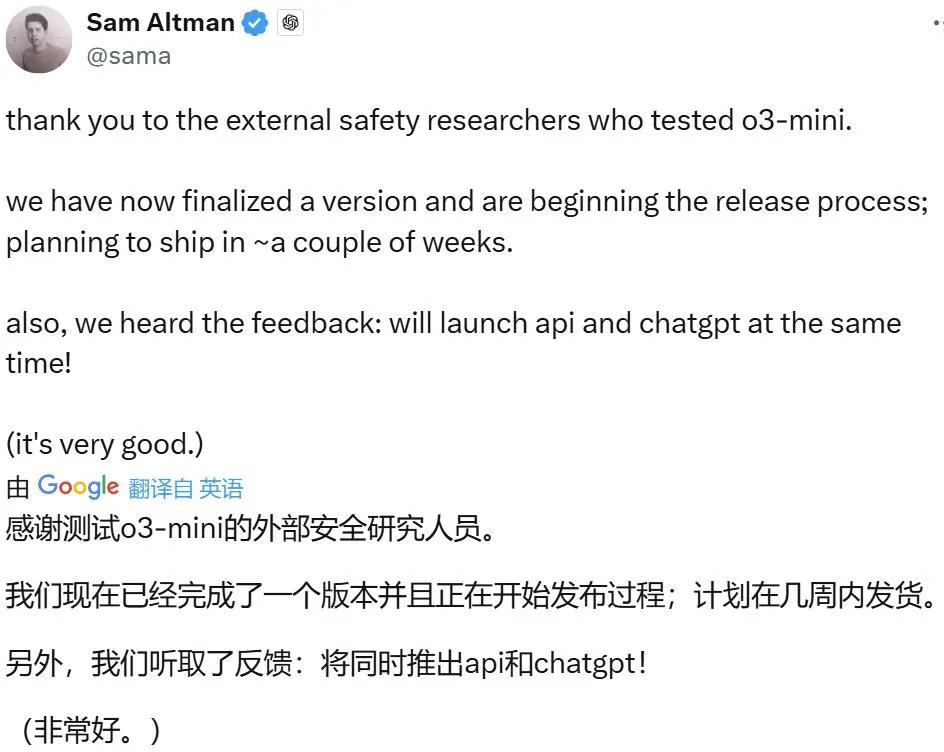
Although the performance of o3-mini is not as good as that of its predecessor o1-pro, it has improved in speed. In this regard, Hongyu Ren, a research scientist at OpenAI, said that o3-mini will have three versions of high, medium and low for users to choose from, and users can choose the appropriate version according to their own needs. In the Codeforces programming benchmark test, o3-mini (lower version) performs worse than o1, but its high version performs well in terms of cost-effectiveness and is more suitable for programming.
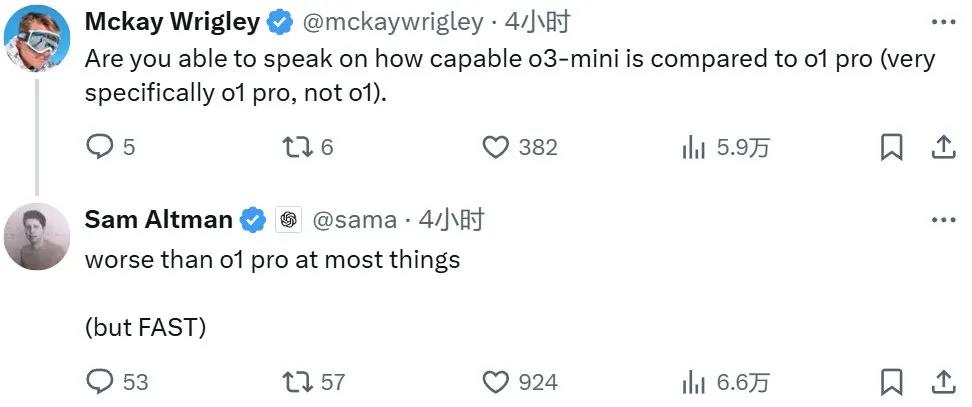
Regarding the release of o3-mini, Ultraman mentioned relevant plans as early as last year, stating that it would be launched at the end of January 2025. In addition, o3-mini will have a higher usage limit than the o1 series and will be available to all ChatGPT Plus subscribers, allowing more users to enjoy the superior performance of this new model.
When discussing issues related to AGI (artificial general intelligence), Altman also revealed that the computing power required to implement AGI is 872 megawatts. To this end, he said that the largest nuclear power plants in the United States only have the power generation capacity to support five such AGIs. Although the 872 megawatt figure is accurate, it has also sparked widespread discussion about whether OpenAI is close to achieving AGI.
